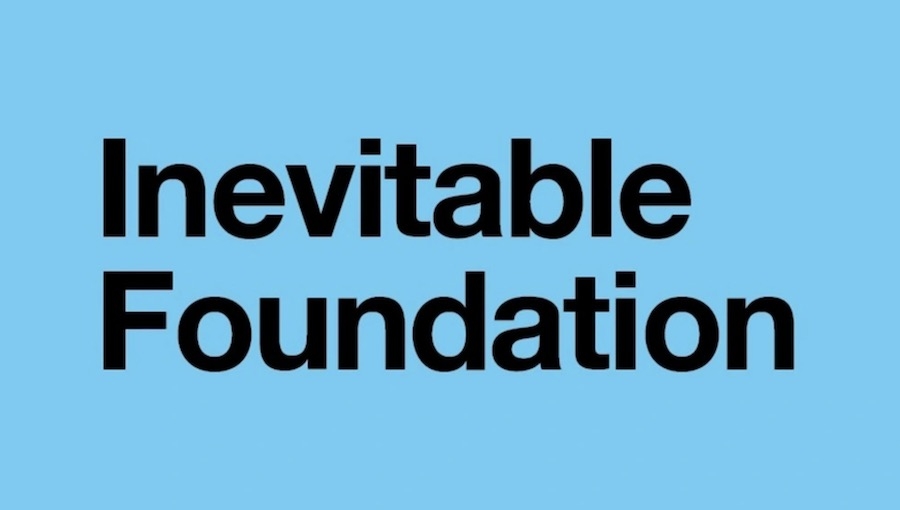San Diego Comic-Con’s Thursday programming started off incredibly strong on Thursday, July 21, 2022, with the “Disability Representation On and Off Screen” panel presented by Inevitable Foundation and The Disability is Diversity Campaign. The panel aimed to explore disability representation both on-screen and behind the camera and served to raise the profile of disability as an essential pillar of diversity, as well as celebrate the diversity that exists within the disabled community. Moderated by The Hollywood Reporter‘s Abbey White, the panelists included Lauren Ridloff (Eternals, The Walking Dead), Jillian Mercado (The L Word: Generation Q), and Josh Feldman (Echo), Greg Machlin (writer, producer, 2022 Inevitable Fellow), and Aoife Baker (writer, costume designer, 2022 Inevitable Fellow).
For those who may be unfamiliar, the Inevitable Foundation is a non-profit organization working to close the representation gap among disabled artists in Hollywood to ensure disability is firmly and forever included equitably in the DEI conversation. Of special note is the fact that this is only the second panel in SDCC’s history to feature an all-disabled panel.
The panel began with each panelist defining what accessibility means to them. Feldman noted that accessibility means asking questions, while Mercado added that it also requires ensuring that all participants – in front of and behind the camera – are comfortable in their surroundings and have any added time that they may need to feel prepared. Ridloff added, “Accessibility is a two-way street,” highlighting that while performers appreciate having their respective needs met, she also wants to know that others understand why those needs are being asked for and what they entail. “Accessibility is a learning process. It’s a journey.”

White turned the conversation to how the panelists’ experience on set or behind the scenes may shift working with other disabled creators. Feldman noted that he immediately felt more safe when other disabled creators are present, noting that even having Ridloff next to him at this panel allowed him to feel that he was not alone. Ridloff echoed this sentiment, noting that she felt validation when other disabled creators were present. Otherwise, she was made to feel as though she had to carry the mantle of “spokesperson” for deaf individuals. Likewise, she was inspired and validated in having previously worked onset with Marlee Matlin on Accused, being able to experience such an efficient set space that was inclusive of individuals with disabilities. Being able to work one on one with Matlin without requiring an interpreter was such a different, yet exhilarating, experience. Baker cited the fact that there is no “one” disabled experience, so it’s not possible to have one consultant on set that makes it more accessible.
In light of Ridloff’s earlier comment about the “spokesperson” expectations of disabled creators, the panel discussed what the balance is in being a creator and performer versus having to serve as the consultant for accommodations when they are the only individual present with disabilities. Mercado shared that it is a challenging experience in having to “speak for everyone,” adding that it’s a big responsibility to demonstrate representation as an actor and through their character for viewers. Feldman notes that he still struggles with pitching an idea and yet having to be the “no man.” When other creators are looking for advice about deaf culture, he often finds himself having to mitigate that responsibility with the story and the cast, trying to avoid placing too much burden on one person or character alone. Ridloff noted that while she is immensely grateful to have these opportunities as an actor, she also struggles with the various intersectionalities that exist for her and the challenges that come with them. But, how does she find her way through these challenges? “The bottom line to remember is that you hired me to do a job,” said Ridloff. “You want me to deliver? Give me what I need. Meet me someplace where I can deliver on my work.” Machlin and Baker quickly noted, though, that there is the flip side of not wanting to pose a problem – especially when you are new to the industry – by asking for the accommodations that you need, as well as the risk of exposure when you are someone who lives with invisible disabilities.
Overall, the panelists’ willingness to share their experiences and to note that further work needs to be done to ensure greater inclusivity and representation invigorated the audience, providing a palpable positive and inspiring panel. For those who are interested in learning more about the Inevitable Foundation, advocacy opportunities and additional information are available on their website at inevitable.foundation/.

